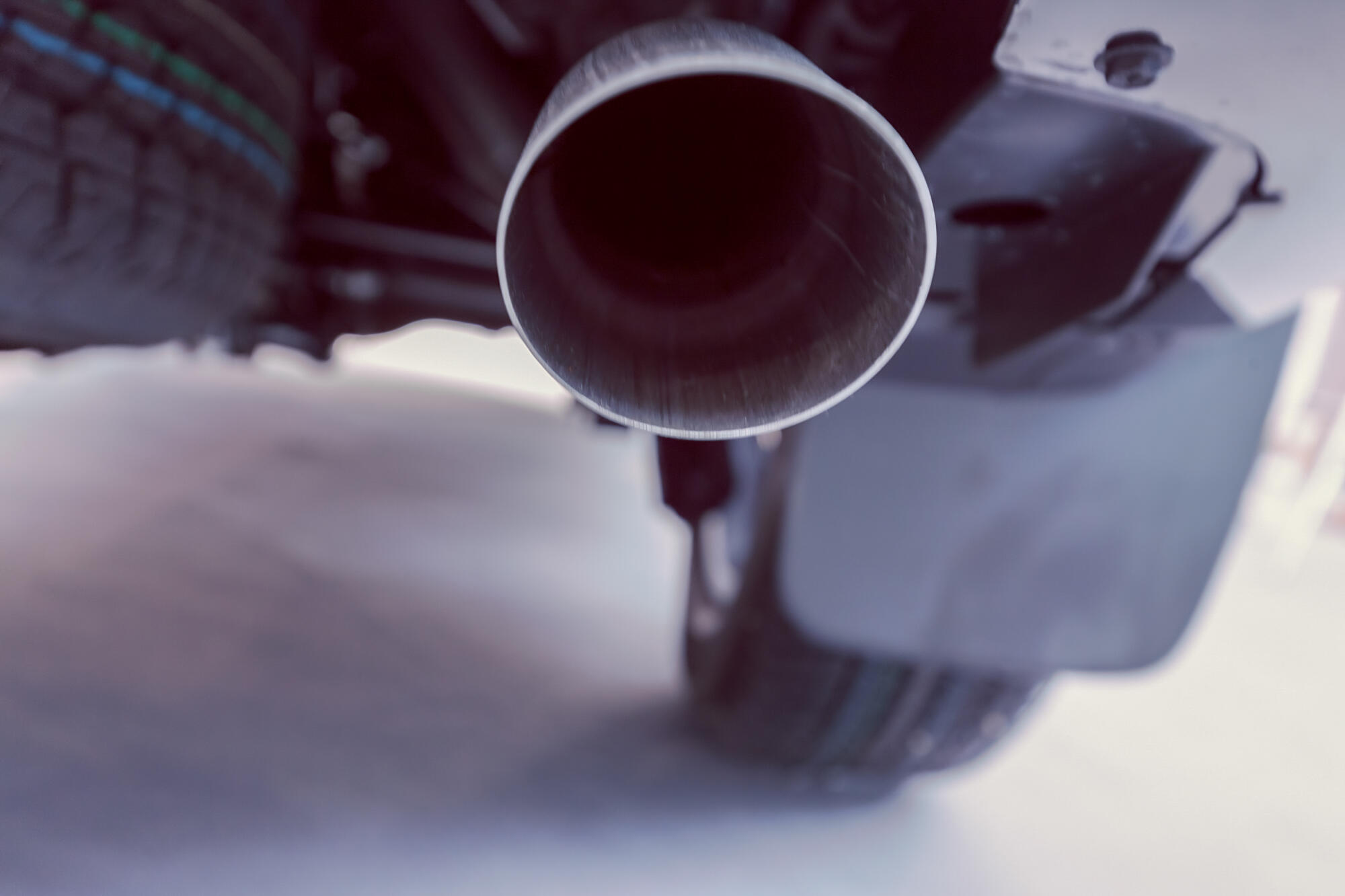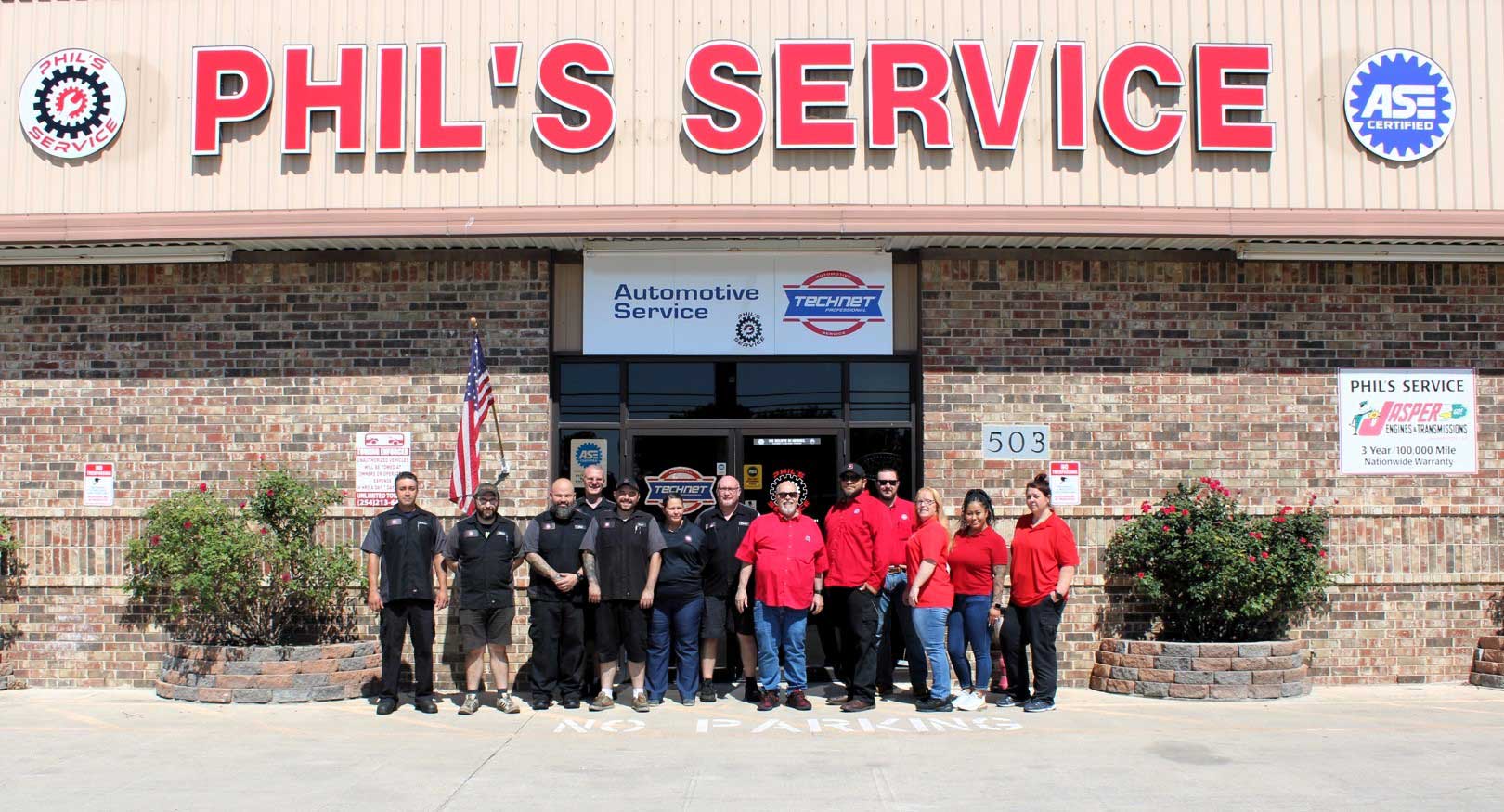You're cruising down the road, your favorite tune is blasting from the radio, and suddenly, you notice an unusual noise. It's a loud, rumbling sound that wasn't there before. Your heart sinks as you realize the sound is coming from your car.
Could it be your muffler? The thought of a clogged muffler fills you with dread. But don't despair! Armed with the right knowledge and tools, maintenance for a bad muffler can be a breeze.
In this article, you'll learn about the function of a muffler, signs of a failing muffler, and effective fixes. So, buckle up as we discuss vehicle maintenance!
Understanding the Function of a Muffler
Ever wondered what the function of a muffler is? It's not just an accessory to keep your vehicle quiet. The muffler is an essential part of your car's exhaust system. It's designed to reduce noise produced by the exhaust gases expelled from your engine and to direct these gases safely out of your vehicle.
When your car burns gasoline, it produces exhaust gases. These gases are forced out of the engine under high pressure. As they rush out, they generate lots of noise.
The muffler, with its series of chambers and tubes, reduces this noise. It does this by forcing the gases through a set of tubes with holes. These tubes disrupt the gases, causing them to break up and lose energy, reducing the noise they produce.
The muffler also helps move these exhaust gases safely from the engine to the back of your car. This is important because some of these gases, like carbon monoxide, are harmful if inhaled. By directing them to the back of your car, the muffler helps protect you and your passengers from these harmful fumes.
Recognizing the Signs of a Clogged Muffler
Now that you know the function of a muffler, it's essential to recognize the signs of a clogged muffler. A bad muffler can cause various problems for your vehicle, and if not addressed, it could lead to more severe issues down the line. Here's what you should look out for:
Noise
One of the most obvious signs of a clogged muffler is an increase in the noise level of your exhaust system. If your muffler is clogged, it can't reduce the noise of the exhaust gases as effectively, leading to a louder sound. You might notice a low rumbling or growling noise, especially when you accelerate.
Poor Performance
Another sign of a clogged muffler is a decrease in your car's performance. Because the exhaust gases can't exit the vehicle efficiently, it can cause your engine to run less smoothly. You may notice your car isn't accelerating as quickly or is using more fuel than usual.
Poor Fuel Efficiency
If there's an issue with the exhaust system or muffler, it'll cause your engine to work harder and use more fuel. As a result, you'll lose gasoline.
The Impact of a Clogged Exhaust System
A clogged muffler doesn't just affect your car's noise level and performance. It can also have a significant impact on your exhaust system. The exhaust system is designed to remove harmful gases from your vehicle safely. If your muffler is clogged, it can prevent this system from working correctly.
A clogged muffler can cause back pressure in your exhaust system. This back pressure can force exhaust gases back into your engine, causing it to work harder and run less efficiently. Over time, this can lead to a decrease in your engine's performance and potentially damage your engine.
Moreover, the back pressure can also cause the exhaust gases to leak out of the muffler and into your car's cabin. Again, this can expose you and your passengers to harmful gases, which can be dangerous if inhaled in large amounts.
Causes of a Bad or Damaged Muffler
The most common cause of a bad or damaged muffler is simply wear and tear. Over time, the constant exposure to exhaust gases, heat, and moisture can cause your muffler to corrode and eventually fail. This is why it's essential to check your muffler regularly and replace it.
Another common cause of a bad muffler is physical damage. If your muffler has been hit or dented, it can affect its ability to reduce noise and direct exhaust gases safely out of your vehicle.
Similarly, if the mounting brackets holding your muffler in place are damaged, it'll cause your muffler to hang low and potentially drag on the ground, leading to further damage.
Effective Fixes for a Clogged Muffler
If you've spotted the signs of a clogged muffler, don't panic! There are effective fixes you can employ, such as:
Use a Cleaner
First, you can try using a muffler-cleaning additive. These additives are designed to break up the deposits that can clog your muffler. Simply add the recommended amount to your fuel tank, and let it do its magic.
Replacement
However, if the clog is severe, you might need to replace your muffler entirely. While this may sound daunting, it's a relatively straightforward process if you're comfortable doing basic car maintenance.
You'll need a new muffler, some basic tools, and a bit of time. If you're not comfortable doing this yourself, you can always take your car to a professional.
Professional Services for Muffler Maintenance
If dealing with a clogged muffler seems overwhelming, remember, there are professionals who specialize in muffler maintenance. These experts can diagnose and fix any issues with your muffler, ensuring it's in top-notch condition.
Not only that but mechanics can also provide valuable advice on how to maintain your muffler and prevent future clogs. They can guide you on the best cleaning additives to use and when it's time to replace your muffler.
Get Your Muffler Repaired
Remember, if a clogged muffler is giving you trouble, professional services are available to help with your muffler maintenance. Don't ignore that rumbling sound from your exhaust. At Phil's Service, we can get your vehicle running smoothly in no time.
Our team of expert auto specialists has the skills to handle all types of car issues. So, you can rest assured your ride is in good hands. We provide battery services, oil changes, engine repair, and more,
If your vehicle needs repair, call us at 254-616-1659, or contact us online!
Wondering what are the signs of a clogged muffler? visit our Phil's Service auto shop to ready to help with your muffler maintenance.
You're cruising down the road, your favorite tune is blasting from the radio, and suddenly, you notice an unusual noise. It's a loud, rumbling sound that wasn't there before. Your heart sinks as you realize the sound is coming from your car.
Could it be your muffler? The thought of a clogged muffler fills you with dread. But don't despair! Armed with the right knowledge and tools, maintenance for a bad muffler can be a breeze.
In this article, you'll learn about the function of a muffler, signs of a failing muffler, and effective fixes. So, buckle up as we discuss vehicle maintenance!
Understanding the Function of a Muffler
Ever wondered what the function of a muffler is? It's not just an accessory to keep your vehicle quiet. The muffler is an essential part of your car's exhaust system. It's designed to reduce noise produced by the exhaust gases expelled from your engine and to direct these gases safely out of your vehicle.
When your car burns gasoline, it produces exhaust gases. These gases are forced out of the engine under high pressure. As they rush out, they generate lots of noise.
The muffler, with its series of chambers and tubes, reduces this noise. It does this by forcing the gases through a set of tubes with holes. These tubes disrupt the gases, causing them to break up and lose energy, reducing the noise they produce.
The muffler also helps move these exhaust gases safely from the engine to the back of your car. This is important because some of these gases, like carbon monoxide, are harmful if inhaled. By directing them to the back of your car, the muffler helps protect you and your passengers from these harmful fumes.
Recognizing the Signs of a Clogged Muffler
Now that you know the function of a muffler, it's essential to recognize the signs of a clogged muffler. A bad muffler can cause various problems for your vehicle, and if not addressed, it could lead to more severe issues down the line. Here's what you should look out for:
Noise
One of the most obvious signs of a clogged muffler is an increase in the noise level of your exhaust system. If your muffler is clogged, it can't reduce the noise of the exhaust gases as effectively, leading to a louder sound. You might notice a low rumbling or growling noise, especially when you accelerate.
Poor Performance
Another sign of a clogged muffler is a decrease in your car's performance. Because the exhaust gases can't exit the vehicle efficiently, it can cause your engine to run less smoothly. You may notice your car isn't accelerating as quickly or is using more fuel than usual.
Poor Fuel Efficiency
If there's an issue with the exhaust system or muffler, it'll cause your engine to work harder and use more fuel. As a result, you'll lose gasoline.
The Impact of a Clogged Exhaust System
A clogged muffler doesn't just affect your car's noise level and performance. It can also have a significant impact on your exhaust system. The exhaust system is designed to remove harmful gases from your vehicle safely. If your muffler is clogged, it can prevent this system from working correctly.
A clogged muffler can cause back pressure in your exhaust system. This back pressure can force exhaust gases back into your engine, causing it to work harder and run less efficiently. Over time, this can lead to a decrease in your engine's performance and potentially damage your engine.
Moreover, the back pressure can also cause the exhaust gases to leak out of the muffler and into your car's cabin. Again, this can expose you and your passengers to harmful gases, which can be dangerous if inhaled in large amounts.
Causes of a Bad or Damaged Muffler
The most common cause of a bad or damaged muffler is simply wear and tear. Over time, the constant exposure to exhaust gases, heat, and moisture can cause your muffler to corrode and eventually fail. This is why it's essential to check your muffler regularly and replace it.
Another common cause of a bad muffler is physical damage. If your muffler has been hit or dented, it can affect its ability to reduce noise and direct exhaust gases safely out of your vehicle.
Similarly, if the mounting brackets holding your muffler in place are damaged, it'll cause your muffler to hang low and potentially drag on the ground, leading to further damage.
Effective Fixes for a Clogged Muffler
If you've spotted the signs of a clogged muffler, don't panic! There are effective fixes you can employ, such as:
Use a Cleaner
First, you can try using a muffler-cleaning additive. These additives are designed to break up the deposits that can clog your muffler. Simply add the recommended amount to your fuel tank, and let it do its magic.
Replacement
However, if the clog is severe, you might need to replace your muffler entirely. While this may sound daunting, it's a relatively straightforward process if you're comfortable doing basic car maintenance.
You'll need a new muffler, some basic tools, and a bit of time. If you're not comfortable doing this yourself, you can always take your car to a professional.
Professional Services for Muffler Maintenance
If dealing with a clogged muffler seems overwhelming, remember, there are professionals who specialize in muffler maintenance. These experts can diagnose and fix any issues with your muffler, ensuring it's in top-notch condition.
Not only that but mechanics can also provide valuable advice on how to maintain your muffler and prevent future clogs. They can guide you on the best cleaning additives to use and when it's time to replace your muffler.
Get Your Muffler Repaired
Remember, if a clogged muffler is giving you trouble, professional services are available to help with your muffler maintenance. Don't ignore that rumbling sound from your exhaust. At Phil's Service, we can get your vehicle running smoothly in no time.
Our team of expert auto specialists has the skills to handle all types of car issues. So, you can rest assured your ride is in good hands. We provide battery services, oil changes, engine repair, and more,
If your vehicle needs repair, call us at 254-616-1659, or contact us online!


